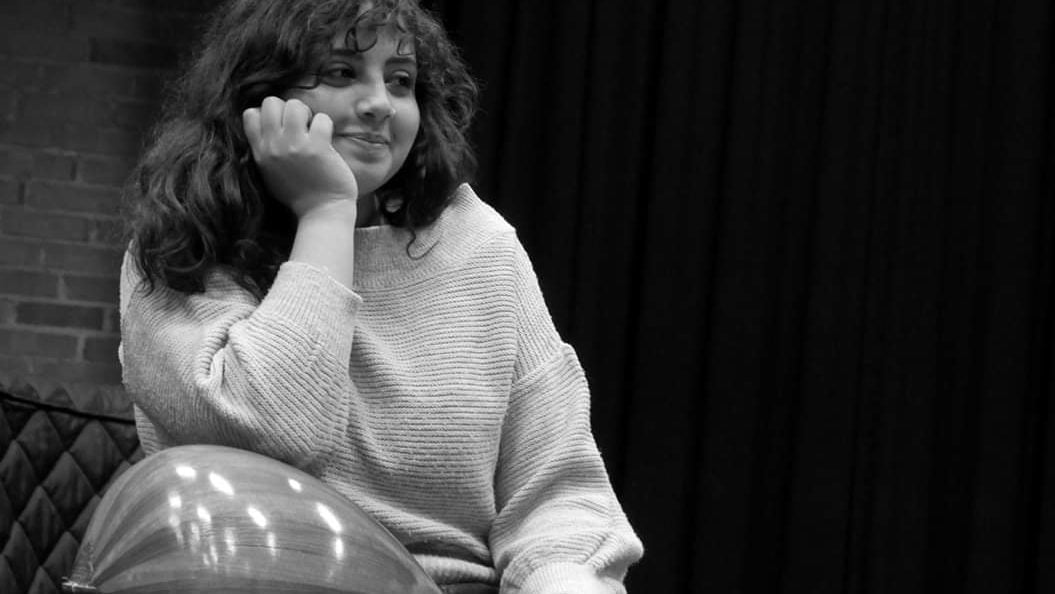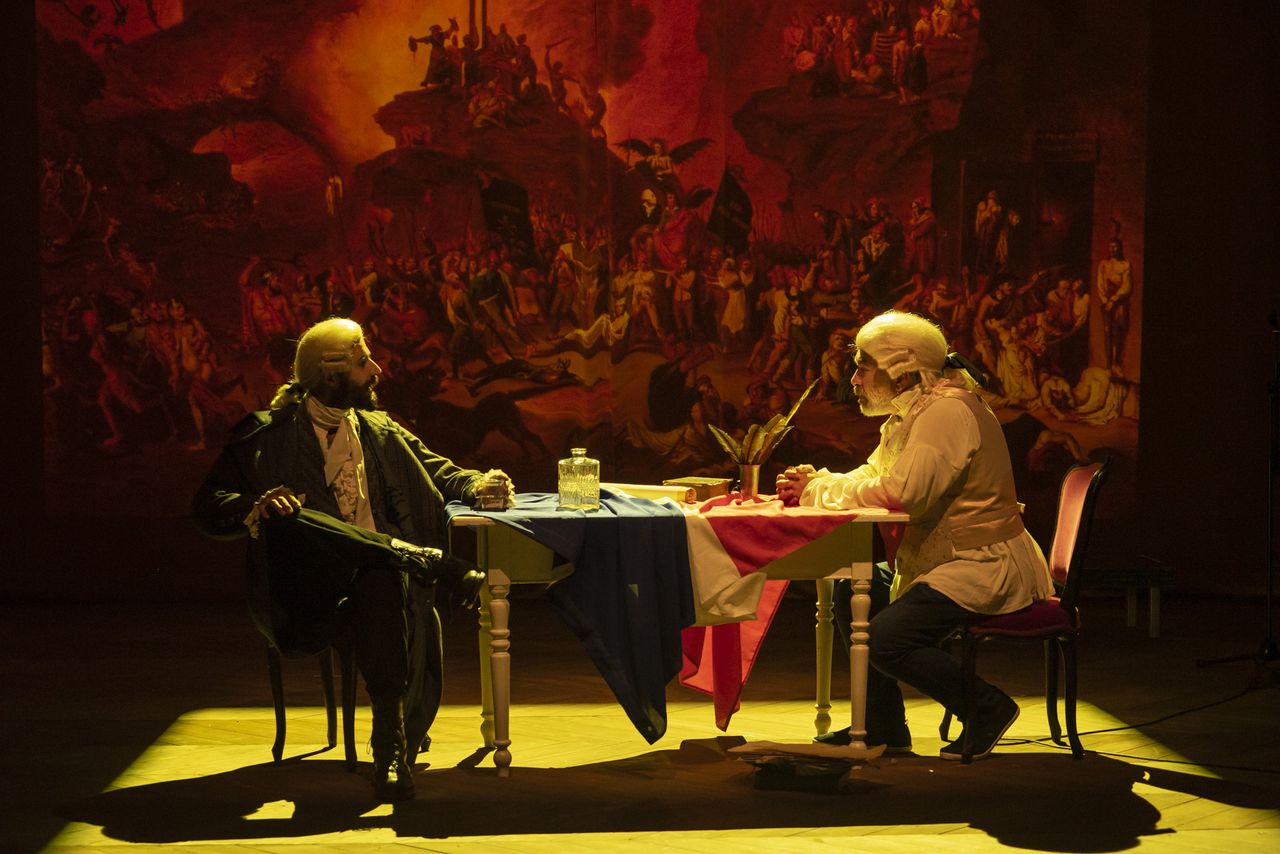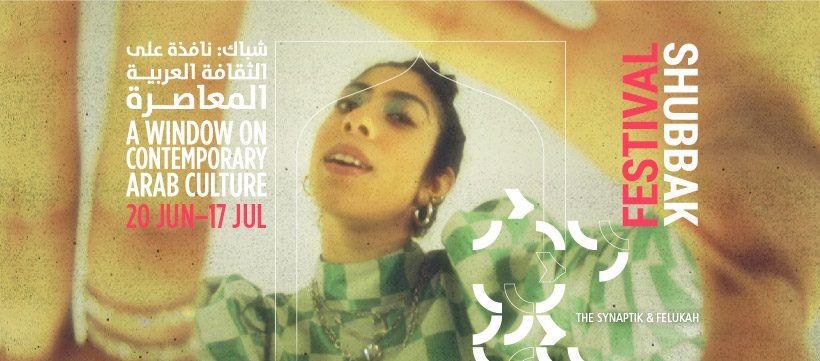What is the history behind the differing styles of music on the Syria map and what bearing does It have on the geographical region?
Actually Syrian culture is very similar to that of Lebanon, Palestine and parts of Eastern Turkey, so the music is also very similar. For example, in the music from Daraa which is close to the Jordanian border, you can find the same sounds. Or the music of Jazeera, Qamishli and Deir-Ezzor which is very close to the Turkish style. So the music in Syria can be distinguished both geographically and ethnically because we have a lot of ethnic culture like the Mardelli Culture, the Kurdish culture, the Islamic culture, the Christian culture and then the classical Arabic version that we find in Aleppo. Classical Arabic shares very close ties with Egypt, not because of geography but rather because of its roots which date back centuries. The two main types of traditional music in Syria are folk (most popular) and classical. They are connected both ethnically and geographically.
What about music in the more rural areas of Syria?
There are very often fewer instruments or sometimes even no use of instrumentation. In Badiah and Al Jazeera for example it is common for only the Rababa and a solo voice or multiple voices to feature in the music.
Are you offering any opportunities to those who want to learn more about traditional Syrian music in person such as workshops or meetups?
The graduates from Action for Hope Music School have recorded some of these pieces you hear on the music map, so we have worked a lot with them in the past. But on the whole this is very open source. At the moment there are no such programs but we may look into some outreach initiatives and workshops in the future. Although we could plan some workshops in the future in Europe and around the world, I don’t think we have to go anywhere for now as we are just working on developing the website. We are also planning on developing an app to go with the site so once we get the digital aspects done well we can start to think about that.
Do you have any plans to promote and showcase your content on other media platforms such as YouTube?
At the moment no. We want to create an accessible space with exclusive content as our overall aim is to be the one place where people go to find traditional Syrian music. Maybe in the future we can link our site to other media outlets but we are just focusing on building up our content at the moment.
You mention on your page that the map does not allude to Greater Syria, why is that?
In the website, we are showing the actual map of Syria as a country, but definitely, Greater Syria is very present specifically in the cultural side and the wide common musical repertoire.
Do you think that these slight differences in cultural significance will bring communities together?
Anyone from Syrian descent, even those neighbouring the area such as Lebanon, from any similar culture and whatever history they have an affiliation, should be able to appreciate the differences in the styles of music and celebrate the ties that they have to different cultural heritages. We can think of Syria as an independent country, but something like music brings people together. There is something tangible that people can relate to and find more similarities than differences. We have the same kinds of dancers, we have the same kind of food, we have the same kind of traditional and folk music.
How have you managed to fund this project?
The Syria Music Map project is just one of many projects led by Action for Hope. The main fund is from The Cultural Protection Fund – British Council that covered website developing, research and music recording. The research inside Syria happened in collaboration with Ettijahat – Independent Cultures.
Which is your favourite instrument?
I play the Buzuq
How has the music map been received so far?
The feedback is very emotional. Hundreds of people started commenting on the Facebook page as soon as it was released. Lots of them said that they weren’t able to find this particular song and that they really love them. They just said that they found something that they were missing. It was very emotional.
.
.




